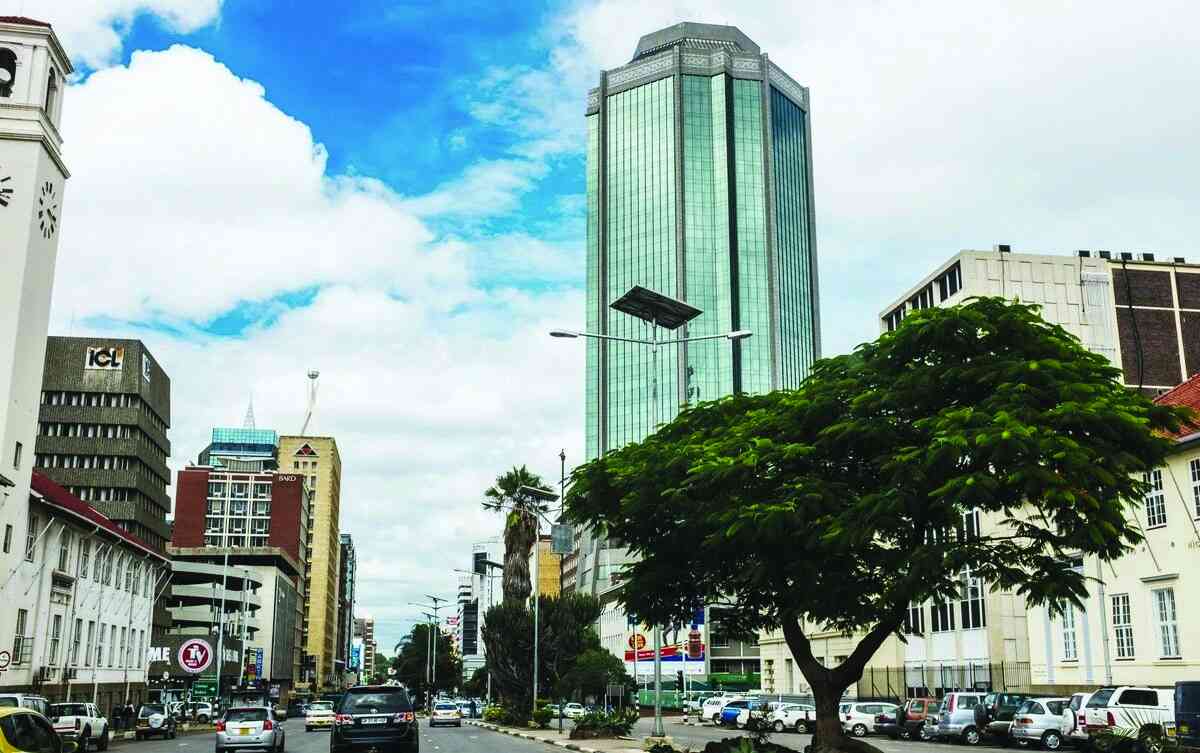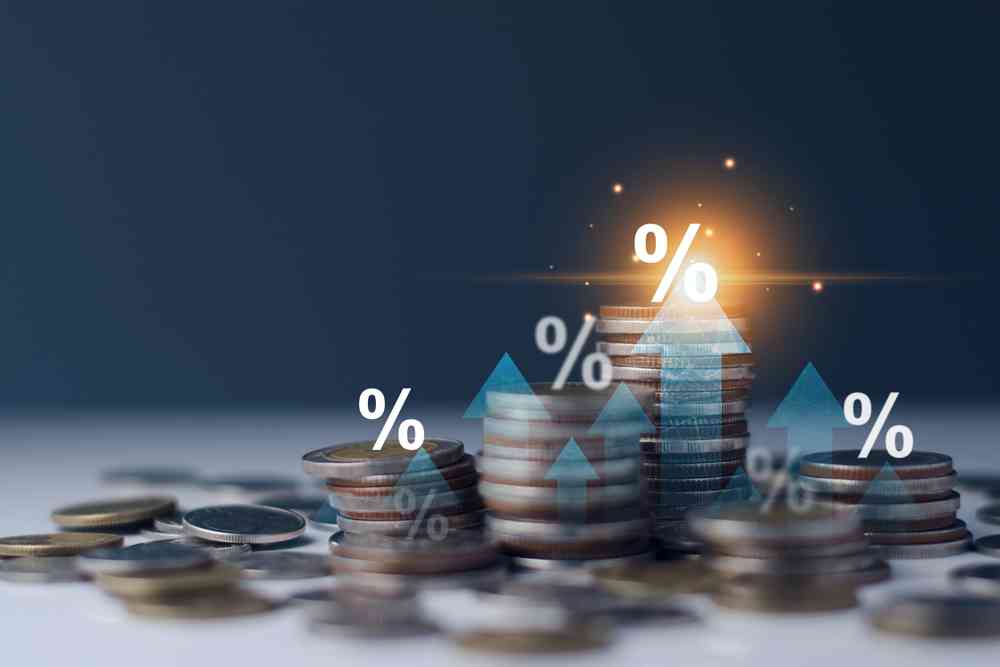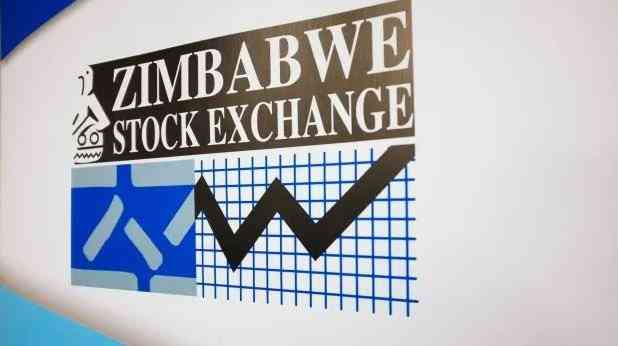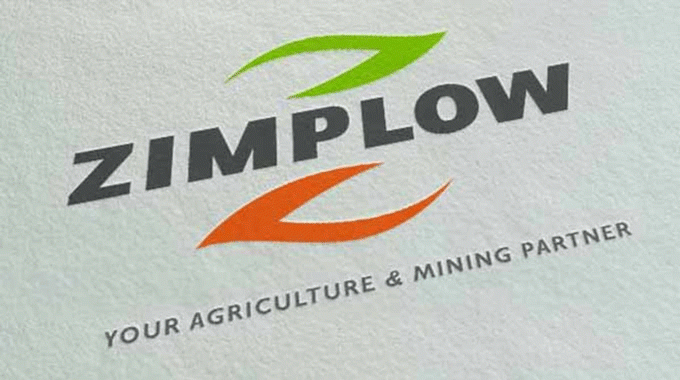
ZIMBABWE'S economy is poised for a turnaround, with inflation projected to drop below 5% by December, despite being buffeted by import bills and commodity price fluctuations, according to the Reserve Bank of Zimbabwe (RBZ).
This optimistic outlook follows a turbulent period in which consumer prices rose by 37,2% in October, fuelled by a sharp depreciation of the Zimbabwe Gold (ZWG) currency.
The ZWG, which was introduced in April to curb Zimbabwe’s history of runaway inflation, lost 43% of its value against the US dollar in September, amplifying inflationary pressures.
However, the RBZ remains confident that stabilising gold prices, coupled with the country’s rich human capital and natural resources, will help restore economic balance.
“So really, as an economy, we should not panic because there is this huge jump in inflation,” RBZ deputy governor Innocent Matshe told businessdigest in an interview.
“But what we should do is take lessons from it. Because really, in terms of the aggregate inflation, it has risen to about 7,3% and we projected that by December the inflation rate should be below 5%.
“We have a huge import bill of grain because of the El Niño-induced drought. We have had a huge knock given the fall in commodity prices. We are a commodity exporter. So, we had a huge fall in commodity prices.”
Matshe stated that since the ZWG is backed by gold, the strengthening gold prices will eventually stabilise the currency.
- RBZ blocks Harare US dollar charges
- Industry cries foul over new export surrender requirements
- One stitch in time saves nine
- Banks keep NPLs in safe territory
Keep Reading
“We are not so far off. We know that there has been an uptick this month (in terms of inflation). There will be moderation next month, but there will be a fall going forward to within the 5% that we projected. So, everything is under control,” Matshe said.
“Obviously, that will have an impact, but we think that impact (will be) moderate because one of the key commodities in our reserves basket, which is gold, its price is going up.
“It is actually approaching record highs if it's not at record highs already. So, there will be a moderation.”
Zimbabwe's real gross domestic product growth is expected to slow to 2% in 2024, largely due to structural bottlenecks, macroeconomic instability, and the impact of El Niño-related drought.
Nevertheless, the country has made significant strides in private sector-led growth, with several sectors, such as mining, and tourism, showing signs of improvement.
In an interview, Finance, Economic Development and Investment Promotion deputy minister David Mnangagwa said the main thrust of the government was to stabilise the economy.
“It is a matter of making sure that we keep our currency stable, we keep inflation in check, which dovetails into some of the tight monetary and fiscal policies that we had promised were put into place,” Mnangagwa said.
“I think we have witnessed some stability over the past few weeks. This, I am sure, will subsist. It is also in our best interest to have stability, probably more than the private sector, government being the biggest spender.
“We derive no joy from a fluctuating currency, from a depreciating currency. Stability will make the government run more efficiently. So, I think we are most interested in making sure that there is stability.”
As a precursor to the 2025 National Budget, the government announced that most taxes would now be payable in ZWG to drive its demand.
When asked about the potential impact of the ZWG’s performance on the upcoming 2025 National Budget, Mnangagwa declined to comment, citing ongoing consultations with stakeholders.
“I cannot speak to the budget as yet because we are still having consultations. As you might be aware, the budget is a product of consultation with the people, so if I give you a position it will be presumptuous,” he explained.
“So, only after those consultative processes will we be able to give a position, which will be on budget announcement.”
Expenditures in the 2024 National Budget were set at ZW$58,2 trillion (US$10,04 billion) against revenues of ZW$53,9 trillion (US$9,3 billion).










